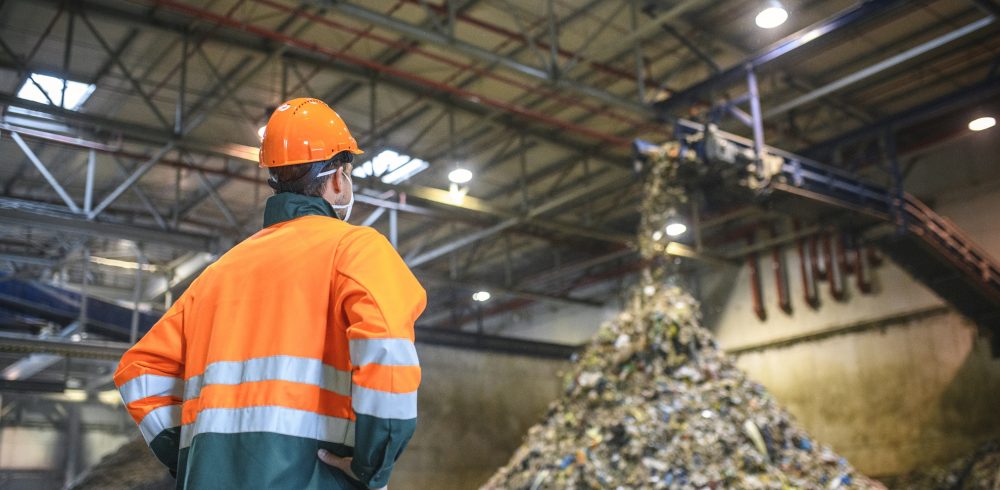UK Business on the Wrong Track to Achieving Sustainability Goals. Britain’s path to sustainability is in jeopardy as just a quarter (24%) of businesses reveal they have a clear path to achieving their sustainability goals, according to research by Axil Integrated Services.
The worrying research demonstrates that the UK has a long way to go to reach its environmental goals. While three in five (60%) businesses state that they will be investing more now than a year ago to reduce their environmental impact, there is a sense of stagnation across many. 40% of businesses admit they have not increased investment to cut their impact, while 10% say they are reducing their investment.
The UK Government wants the UK economy to have achieved net-zero status by 2050. However, only a third (33%) of companies say they have a sustainability or ESG plan in place. Ed Pigg, Managing Director at Axil integrated Services, said: “Our latest report shows that whilst measures have been put in place, and there are certainly many organisations pushing ahead, more needs to be done by businesses. Clear and measurable processes are table stakes now for British businesses and it’s clear that this is driven by the evolving expectations of consumers.”
The barriers and driving forces for sustainability
Overall, businesses understand the need to prioritise sustainability, with over a quarter (27%) stating it’s integral to their business and half (50%) admitting that while it’s a growing focus, other commercial priorities come first.
The biggest barrier to achieving their sustainability goals cited is a lack of education across their business. Three in ten (30%) say a lack of government incentives or support is a hindrance, while an equal amount argues more support is needed at an executive or board level.
However, when it comes to pushing forward initiatives within an organisation, the biggest driver is growing customer expectations (40%). In addition, other critical factors are the importance placed on the environment by employees (37%), getting ahead of new government regulations (37%) and offsetting production costs (36%).
Measures in place currently
The world created a record 2.2bn tonnes of waste in 2021. Although most companies (88%) recognise that waste has an impact of their carbon footprint, it’s concerning that two-thirds (68%) have yet to commit to a zero waste to landfill target. In fact, half (48%) feel that their business is not doing enough to reduce the amount of waste they produce.
Despite the adage “what gets measured gets done”, it appears that visibility is limited amongst businesses when it comes to waste management and its environmental impact. One in five (19%) reveal their business does not measure and report its environmental impact. Of those that do measure and report, only a third (34%) say they have full end-to-end visibility of their sustainability data.
Sustainability’s impact on the bottom line
The financial impact of sustainable initiatives has been mixed. A small minority (14%) say that introducing environmental measures has been costly, with more than half (55%) stating it was a minor financial outlay. However, more than a quarter (26%) argue investing in sustainability programmes has actually saved them money.
With businesses under sizeable cost pressures due to the escalating inflation figures, it’s understandable that finances are tight. However, the report reveals that many businesses are missing an opportunity to not only reduce costs but make money in the form of rebates for waste products. Just half of businesses currently receive rebates for their waste products, despite knowing this option existed. And a quarter (25%) of those do not believe they are always getting the best value for their waste materials.
To understand how businesses are approaching their sustainability initiatives, the research asked a group of 200 business decision-makers that have an influence over sustainability, waste and environmental decisions within their business in companies with more than 200 employees. The full report, Exploring the Economic and Environmental Opportunity of ESG, can be found here.
Manufacturing & Engineering Magazine | The Home of Manufacturing Industry News















